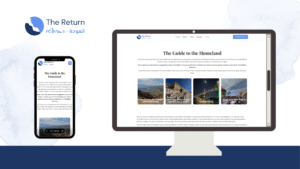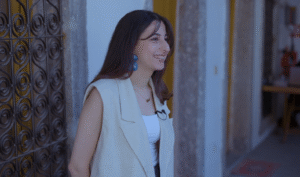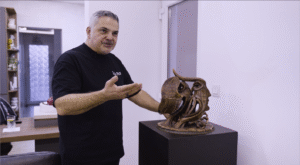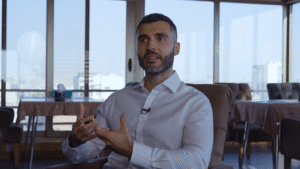Returning to your homeland after years, or even a lifetime, abroad is a profound and deeply personal decision. It is not always a straightforward or permanent move, nor should it be seen as a one-way journey. For many who were born or raised in the diaspora, their strongest material and practical ties, such as education, employment, property, and social systems, are firmly rooted in the countries where they grew up. Reconnecting with a homeland may bring emotional fulfillment, but it often involves navigating between two worlds, with the possibility of moving back and forth before settling permanently in one.
Relocating to Iraq also means adapting to a different rhythm of life. Cultural norms, personal freedoms, and the broader societal conservatism may differ greatly from what one is used to in Western societies. These cultural shifts can be challenging, especially for those who have internalized more liberal or individualistic values. While Iraq’s political and security situation has seen considerable improvement in recent years, occasional instability and uncertainty remain part of the landscape, and this must be factored into any decision.
The return can take many forms: it might be temporary, exploratory, permanent, or even a phase of oscillation between two homes. This flexibility is essential, as each person’s path will depend on factors like financial resources, sources of income, family composition, the willingness of immediate and extended family members to return, and the feasibility of rebuilding a life in a context that is both familiar and foreign. A thoughtful, realistic assessment of these variables is necessary to lay the groundwork for a stable and satisfying return.
Ultimately, the decision to return or to remain abroad involves trade-offs. Staying in the diaspora may mean sacrificing part of one’s identity, language, and connection to ancestral lands. Returning to the homeland, on the other hand, can mean sacrificing certain personal freedoms, career opportunities, or aspects of Western living. These are not simple losses, they are exchanges. What we gain may be equally meaningful, though not identical. To return is also to place a bet on the future, not only for oneself but for the generations to come. There is no universally right answer; only a set of priorities to weigh, and a personal balance to be found.
This article will be part of the “Guide to Return” that’ll be out on our website soon.





